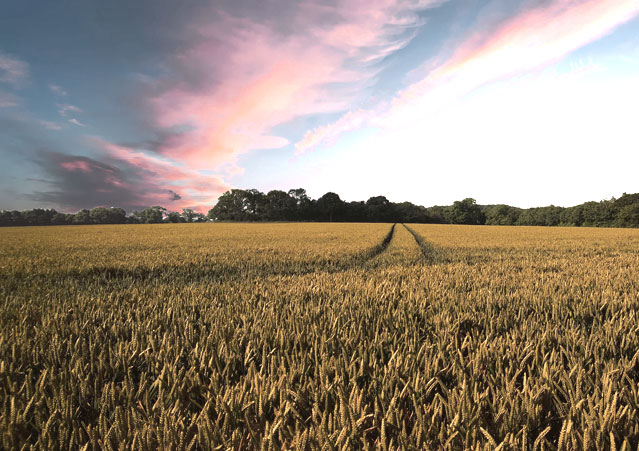Latinos working in communities like Contra Costa County are exposed to more Roundup every year, and their risk of cancer grows. Photo: Pete Linforth via Pixabay.
Report shows Roundup cancer risk to Latinos in California
Latino farm workers in communities like Contra Costa County put food on America’s tables. But as Monsanto sells more Roundup-resistant crops, farmers are able spray more Roundup on their fields, and the cancer risk grows.
(Alarmingly, this increased use of Roundup means more weeds will develop a resistance, requiring even more Roundup.)
So while governments bicker about how much Roundup cancer risk is “acceptable,” low-income Latinos face ever-greater Roundup cancer risk.
One report found that, in 2013, about 88 pounds of glyphosate were sprayed on every square mile of farmland in California’s poorest counties. (It also backed up California’s findings that Latinos disproportionately live in areas of high pesticide use.)
“Rural communities and communities of color bear an unfair burden from use of Monsanto’s glyphosate,” said Dr. Emily Marquez, a scientist with Pesticide Action Network. “And it’s time for policymakers to respond.”
Latino agricultural workers, landscapers at risk for Roundup-related cancers
People working with Roundup run a glyphosate cancer risk by breathing it in, getting it on their skin or even swallowing it when it gets in their food or water.
Besides its use on farms, Roundup is used heavily in garden nurseries, golf courses and lawns.












